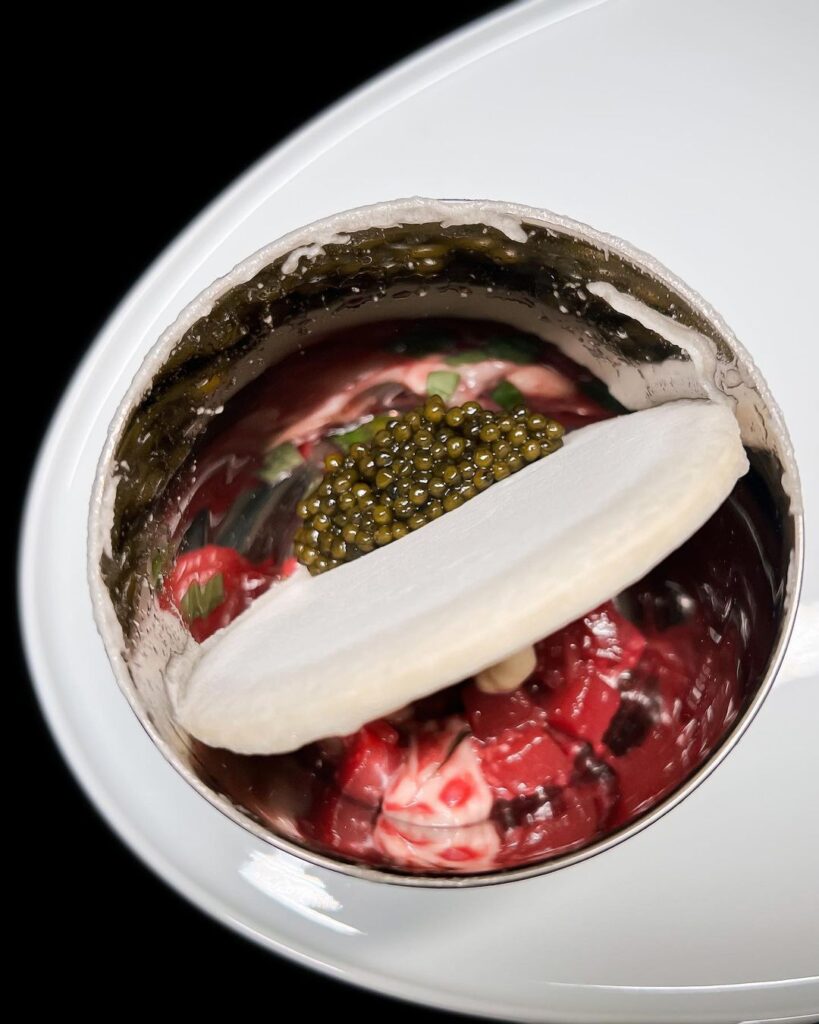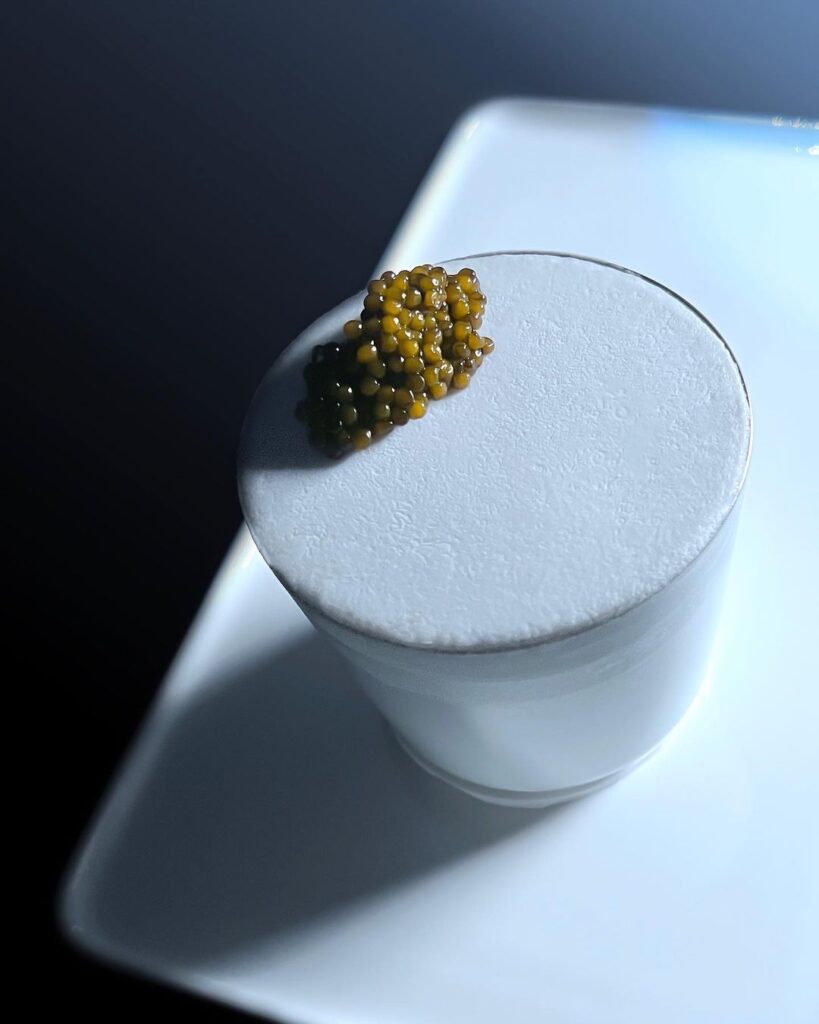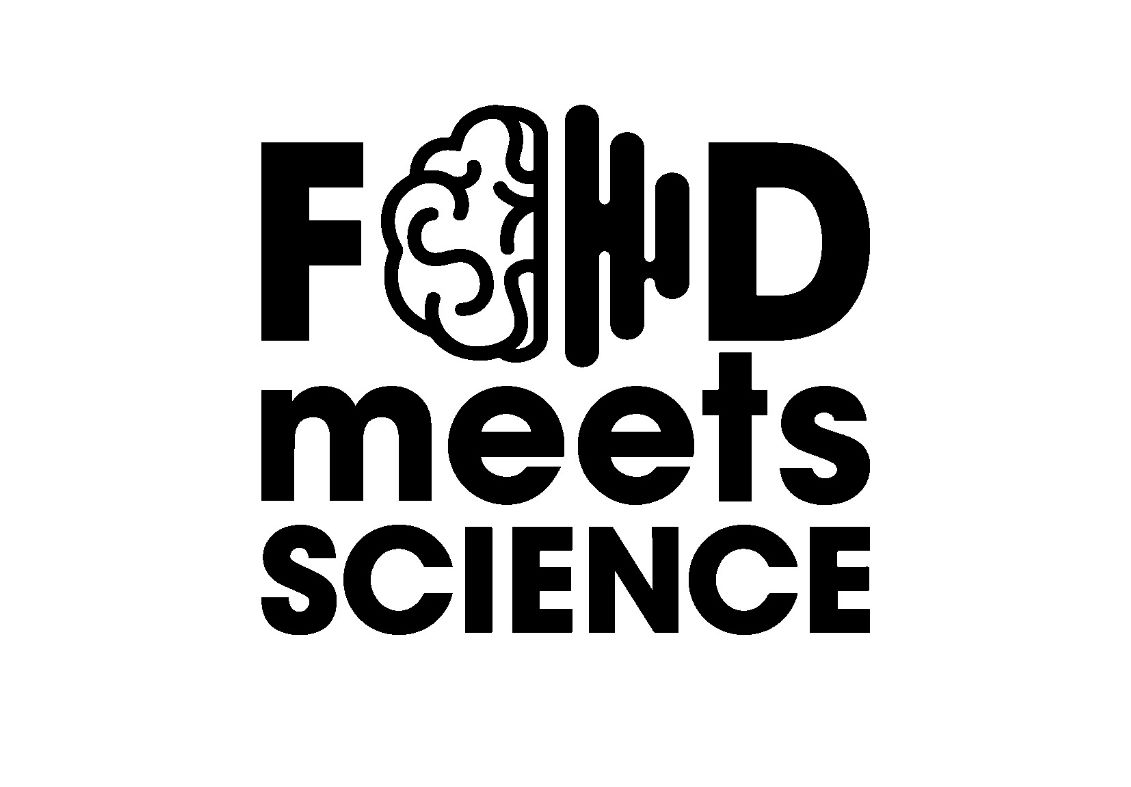
Taste and hear – Does the Sound affect taste?
Much research has been done on sensory relationships. The fact that music affects our mood is nothing new, but does it also affect our taste?

SOUNDLANDS MATTER
There have been many studies on this topic, but psychological and neuroscientific explanations are not certain. It is difficult to determine the basis of conclusions and explain the process of the influence of music on us and, at the same time, on our perception of food. Studies have shown that people consistently matched certain wines to certain pieces of music under conditions of forced choice. For example, Spence et al. (2013) showed that Domaine Didier Dagueneau Pouilly Fumé, a crisp white wine, was much better suited to Mozart’s Flute Quartet in D Major than to Tchaikovsky’s String Quartet No. 1. The opposite pattern of results – a better match with Tchaikovsky than with Mozart – was observed when participants tasted a glass of Chateau Margaux, a rich red wine, instead.
Moreover, music also changes other aspects of the participants’ taste experience, going beyond taste. In one study, researchers focused on whether music can modulate the perception of levels of sweetness, acidity, alcohol, and other components in wine. During a live classical music performance where both New Zealand Sauvignon Blanc and Argentine Malbec were served, both wines tasted more sour as Debussy’s fast, high-pitched piano piece Jardin sous la Pluie played.
In contrast, both wines were rated fruitier when Rachmaninoff’s Vocalise, a slower cello and piano duo, was played (2015). In 2012, Crisnel et al. found that low tones can emphasize toffee’s bittersweet flavor notes, while high tones emphasize its sweetness. This effect is believed to be due to the way music can affect our emotional and physiological states, which, in turn, affects our perception of taste. We can conclude that music affects the perception of food or wine. The flavor harmonizes with the musical connotations.


We Eat as They Play for Us
How nice is it to enjoy a meal when we hear well-chosen music in the background? One study found that people ate faster when listening to fast-paced music and slower when listening to slower music. In addition, louder music was associated with greater food intake compared to softer music. However, the conclusions drawn from the pace of the music do not end there. When we eat longer, with gentle and not too loud music in the background, we also feel the taste of the food longer. On the other hand, dynamic music makes the taste disappear faster, but we feel the texture of the food better. Surprising? This may be because faster music creates a more stimulating environment, while slower music creates a more relaxed atmosphere, allowing diners to enjoy their food and eat more slowly.
In contrast, a study conducted in a coffee shop found that people rated the taste of food better when accompanied by pleasant background music, compared to no music or unpleasant music.
The correlation between music and food is a fascinating area of research that highlights the complex relationship between our senses and the environment around us. While the exact mechanisms behind this relationship are still being studied, it is clear that music can have a profound effect on our perception of taste, food intake, and even our emotional and physiological states. The problem with research is our preferences. After all, someone who hates classical music will not feel comfortable with even the best glass of wine. However, deviating from preferences, all the research conducted can help not only restaurants but also people suffering from anorexia, and other eating disorders or those who have lost their sense of taste. Future research promises to be amazing and could change the face of gastronomy and treatment.









Post a comment